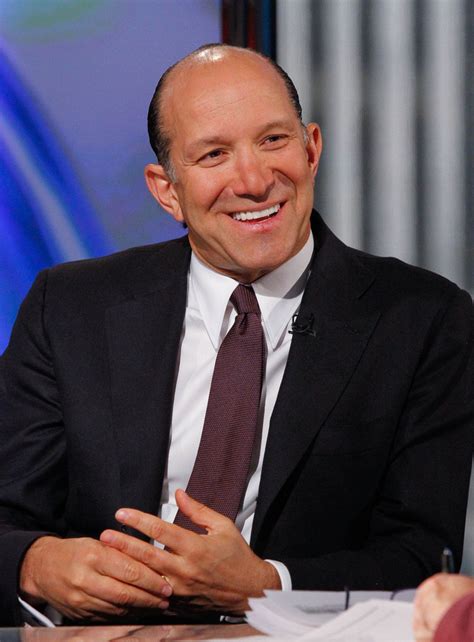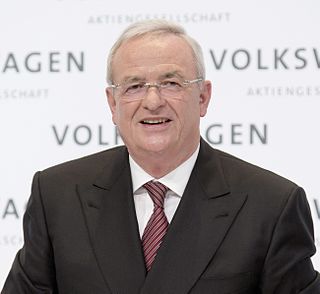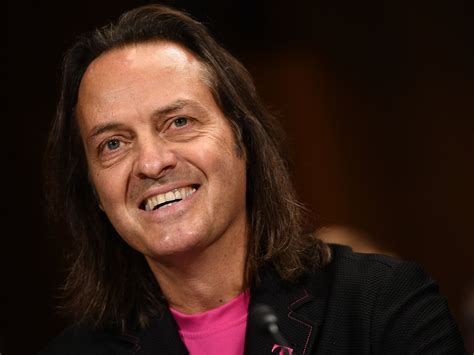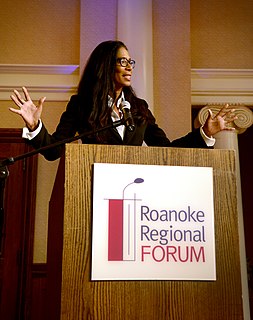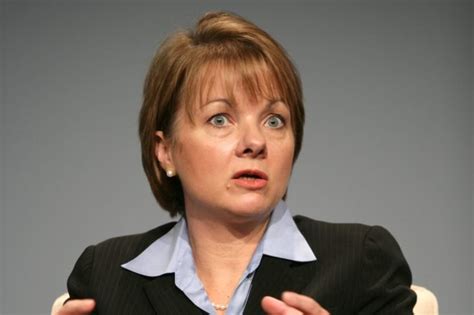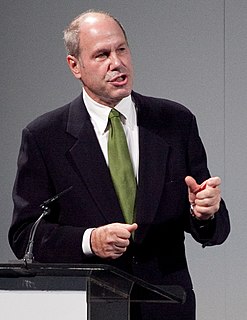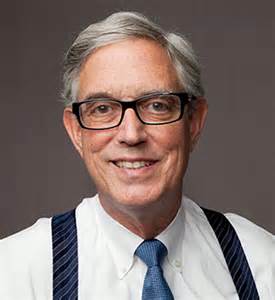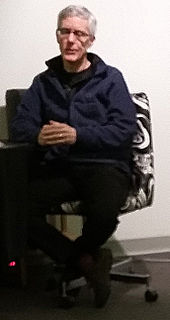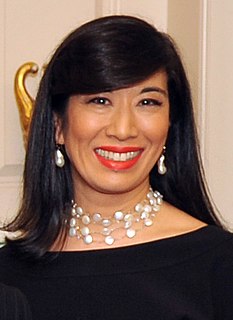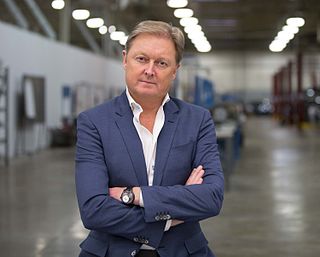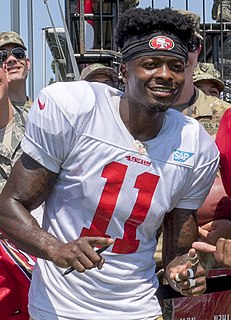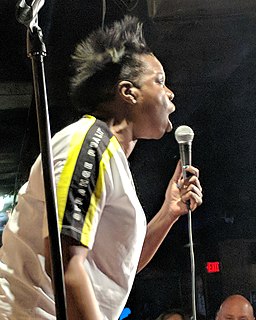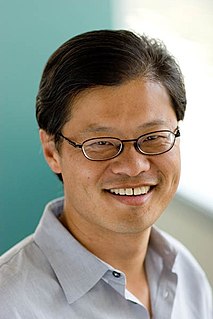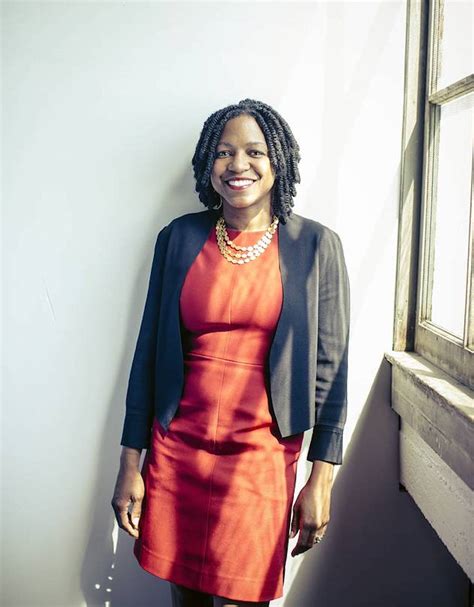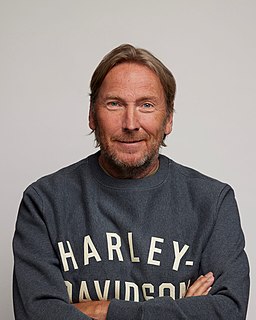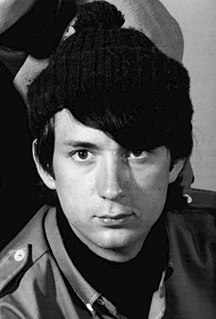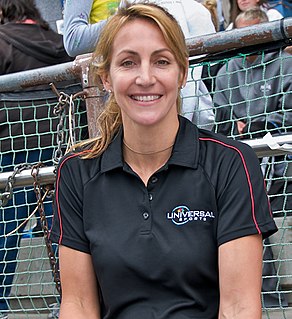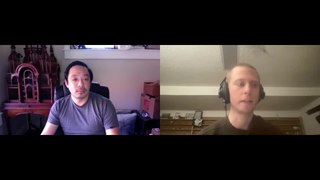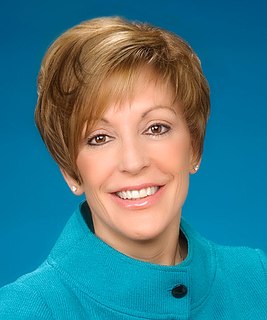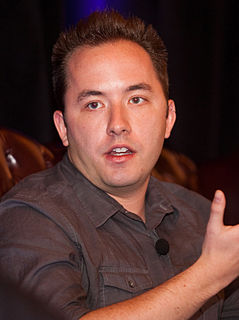Top 709 CEO Quotes & Sayings
Explore popular CEO quotes.
Last updated on April 14, 2025.
You don't think, when you start a company as the founding CEO, that if your venture actually works, you end up with three jobs: founder, CEO, and chair of the board. The first eight years at Bonobos, I have learned a lot about the tension between the first two. It didn't even occur to me that I had the third job until much later.
I visit T-Mobile call centers. We've got about 18 major call centers in the US, and before I was CEO, I heard that no CEO had gone to physically visit them. I go in, they meet me outside, we take selfies as I stand like a piece of furniture, I tell them about how things are going - but most importantly, I say thank you and help them see that their behavior and their work has driven the culture of the company that's changed the industry and the whole world. It's a bit of a love affair.
To be a CEO is a calling. You should not do it because it is a job. It is a calling, and you have got to be involved in it with your head, heart and hands. Your heart has got to be in the job; you got to love what you do; it consumes you. And if you are not willing to get into the CEO job that way, there is no point getting into it.
That's a good question. I think there should be many other women CEO s. It feels natural to be a CEO of WellPoint, and part of the reason may be that women may be drawn to healthcare as a profession. Women make 70 percent of all healthcare decisions. Women are currently available-ready, willing, and able-to be CEOs of major Fortune 50 or 500 companies. And I expect them to emerge as such over the days, weeks, and months ahead.
I recall a conversation with the CEO of large electrical equipment MNC in which he began by asking me to guess how many innovation centres his firm had around the world. My guess was nowhere near the 160 that turned out to be the answer. Not surprisingly this CEO recognized that his firm's ability to innovate was being hampered by the huge size of their footprint which brought few benefits as it was inefficient, there was duplication across sites and competition between them. In this and most other cases, the costs of the expanded footprint outweigh the benefits.
The thing that's confusing for investors is that founders don't know how to be CEO. I didn't know how to do the job when I was a CEO. Founder CEOs don't know how to be CEOs, but it doesn't mean they can't learn. The question is... can the founder learn that job and can they tolerate all mistakes they will make doing it?
Today, if the CEO thinks it's a good idea, it's done everywhere; if the CEO thinks it's a bad idea, it's done nowhere. We ought to be more agnostic and open to learning things that we didn't expect - and the only way to do that is to try things and be open-minded about how well they are working. And third, evidence-based management involves reading and learning - just like doctors do - and to do so not just in school but afterward, as well.
As a CEO, you get sucked into dealing with all the tasks of being a CEO. There's a big meeting, a big discussion, and you get into all the big issues, which is your job. But what CEOs often lose sight of is that it's all about the people who work for you. For every 1,000 decisions, 999 were being made when I was not in the room.
Sure I am a religious man who is also passionate about conserving the environment. But I am also a CEO, with all the bad habits and attitudes that are natural to the species. . . . I am still naturally self-interested, overconfident, full of pride, and eager to control a meeting as any CEO in America. Every day, I struggle with my ego.
Another thing I've observed is how critical the role of the CEO is when a technology truly is disruptive. In looking back on companies that have successfully launched independent disruptive business units, the CEO always had a foot in both camps. Never have they succeeded when they spin something off in order to get it off the CEO's agenda. The CEOs that did this had extraordinary personal self-confidence, and almost always they were the founders of the companies.
The CEO announces that the purpose of the firm is to improve the lives of the customers and the lives of the firm's stakeholders and the quality of the planet. The company will give fair compensation to all the stakeholders and the CEO will not earn more than 20 times the median income of his employees. He will want his employees to rate him, just as he also has to rate them.
I argue that once it became clear that the most important function of the CEO was to develop and enact the corporate strategy, that often had the effect of distancing him from people below him in the organization. It also encouraged the idea that if a CEO were a great strategist for a company in one industry, he would probably be a great strategist in another industry. And that usually hasn't proved to be the case.
Somebody asked me 'what's the job of a CEO', and there's a number of things a CEO does. What you mostly do is articulate the vision, develop the strategy, and you gotta hire people to fit the culture. If you do those three things, you basically have a company. And that company will hopefully be successful, if you have the right vision, the right strategy, and good people.
"There's no CEO for the government." But if you were CEO for a day at the government, would you have tools and reports and wherewithal to look at government the way a business would look at its lines of business, its spending, its revenue? I've actually been working, first by myself and then with a group of people, on then on and off, and now much more on, almost since the I time left Microsoft.
I think to some degree one of the strengths of the high tech industry is that people are actually willing to tell you things. When I went to Novell, I didn't know how to be a CEO, so I went in and I called all sorts of CEOs I knew. I called in a favor. I wanted to come by and listen to them tell me what it's like to be a CEO.
Contrast 1968, when the CEO of General Motors took home, in pay and benefits, about sixty-six times the amount paid to a typical GM worker. Today the CEO of Wal-Mart earns nine hundred times the wages of his average employee. Indeed, the wealth of the Wal-Mart founder's family in 2005 was estimated at about the same ($90 billion) as that of the bottom 40% of the US population: 120 million people.
Too often, executive compensation in the U.S. is ridiculously out of line with performance. That won't change, moreover, because the deck is stacked against investors when it comes to the CEO's pay. The upshot is that a mediocre-or-worse CEO - aided by his handpicked VP of human relations and a consultant from the ever-accommodating firm of Ratchet, Ratchet and Bingo - all too often receives gobs of money from an ill-designed compensation arrangement.
The first lesson my kids got about the ocean was to respect it. You can never turn your back on the ocean when you're dealing with tides and currents - factors beyond your control. You have to be the CEO of your family on the water. CEO stands for 'constant eyes on,' and it's something I never forget.





